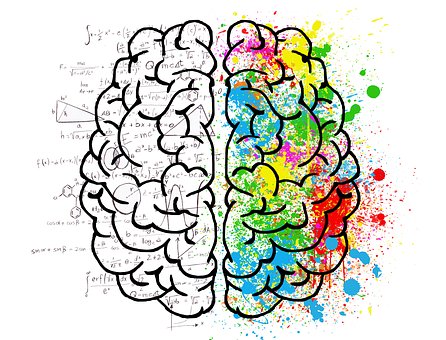We’ve all had those moments when we had a gut feeling about something. It could be when we were nervous about taking an exam and got a sick feeling in the pit of our stomach. Or the times when we had butterflies in our stomachs due to falling in love. Whatever the case has been, this begs the question: Why do we feel a reaction in our gut when we experience some form of brain stimulation? The answer lies in the fact that the brain and the gut indeed have a connection – the gut-brain axis.
The brain is essentially the control centre of the human body. It sends signals for various functions such as temperature regulation, digestion, and thoughts or emotional processing. However, one note-worthy function which has been revealed by recent research is the ability of the brain and gut to communicate with each other not only through the nervous system but also biochemically. This implies that what affects the gut has an impact on the brain (and vice versa).
What Goes On In The Gut?
The gut is home to numerous microbes which aid in food digestion, nutrient absorption, strengthen the immune system, and keep the body functioning effectively. There is also a presence of bad microbes in the gut which can cause problems if they become excessive. Hence, there must be a balance between the good and bad microbes if we want things to go well in our gut and ultimately in our health. According to research, an imbalance in the levels of gut bacteria can lead to various gastrointestinal issues such as diarrhoea, constipation, and IBS (Irritable Bowel Syndrome). In other cases, other areas of the body can also be affected such as the brain. This could lead to different mental issues such as anxiety, depression, low mood, and poor memory or concentration levels.
How To Optimise Your Gut-Brain Relationship
The food you eat determines to a large extent what kind of bacteria or microbes thrive in your gut. Bacteria are known to feed on sugar and carbohydrates and thus consuming a diet rich in these foods can lead to gut problems. Also, the use of antibiotics and eating process foods can disrupt the gut microbe balance.
On the other hand, the good bacteria need the proper diet and nutrients to thrive. Enter Probiotics. Probiotics are strains of bacteria that have been found to provide a wide range of benefits to the human digestive system. They aid in digestion and may even help in combatting diarrhoea, Irritable Bowel Syndrome, and Lactose Intolerance. You can read more about probiotics here
In order to support your gut-brain connection, it is important to eat food that foods rich in probiotics. Such foods include fermented foods such as Yoghurt, Kefir, and Sauerkraut. It also helps to pay attention to Prebiotics – a kind of ingredient found in food and different from Probiotics that aid in the growth and activity of beneficial bacteria. High fibre foods like beans and legumes and vegetables such as plantains, onions, and garlic are rich sources of Prebiotics.
In summary, the gut has to function properly for the brain to operate effectively (and vice versa). If you would like to improve your mental state then it may help to look into your gut health.
Source: ncbi
Featured image source:

